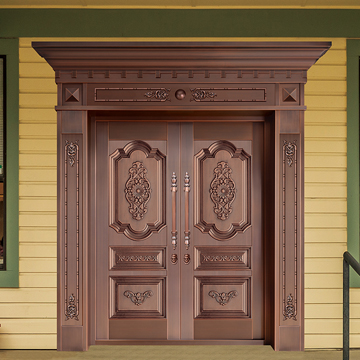

Come in and go out. Therefore, the history of the storm door always bear the brunt.
The li shimin of the early tang dynasty, is not the director of a blood run through the brothers to kill the father of the "xuanwu door change"?
Emperor jingtai of the Ming dynasty was seriously ill. He seized the gate of donghua and entered the palace. He ascended the temple of fengtian and became emperor tianshun.
Tian 'anmen "golden phoenix clouds issued imperial edict", can show the majesty of the emperor?
The "five gates of heaven", which are spread out, are by no means the ostentation of emperors. The common people are looking forward to "staying indoors at night", peace and prosperity, social stability, no theft, no thief, and peace in the world. This is the ideal of generations of Chinese people. In contrast to this, it is the official seal of the great seal in the door to cross the fork. There are front and back doors, public and private doors in both the palace and the imperial city. The unity of opposites constitutes the society. Front and the back door, door, public and private with noble integrity, low low and WeiLou, heaven and hell, rich and poor, officials and the people, corruption and clean, with the help of a "door", sets up.
China's door, also derived from the "open sesame" story. The Chinese doors also created myths and legends such as "yu chiseling the dragon gate", "carp jumping the dragon gate" and "qixi heaven gate opening". The former reflects the spiritual needs of the seeker: the latter reflects the desire to transcend oneself and the desire for a better life. China's door, also created the drama "going against the enemy door to behead the son," which shows the loyalty of the Yang family to the court. The most popular one is "the eight-character yamen opens to the south, where there is no money for a reason", which is a merciless exposure to feudal rule. China's doors also fabricate "ghost gate" superstitions to scare foolish cowards.
The door always catches the eye. Doors take advantage of the entrance and exit 'location. Door culture is also an entrance and exit. It is the most colorful chapter in Chinese architectural culture. The door culture of China is extensive and profound, and the history of the whole leopard and the gate can be seen through a gate, so it becomes the gate of history. Through the door culture, you can find the door of Chinese culture.